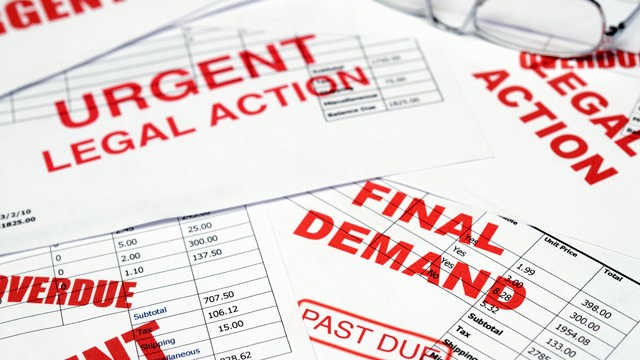What Should I Keep (and Not Keep) in My Home Safe? A home safe is like a kitchen knife: Nicey and slicey when used precisely, but dicey and pricy if you are too feisty. While bank safe deposit boxes require you to visit your bank during operating hours (and Court oversight to open after you have died), a safe at home allows you access to your belongings and information at all hours with no bank manager looking over your shoulder, and no monthly fee. On the flip side, burglary or a party absconding with your safe’s contents may be a concern. So here is a list of suggestions you should consider before you fill your safe. What to Keep




















